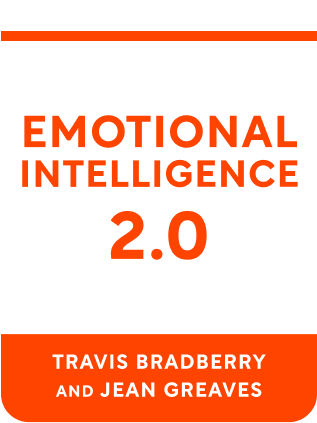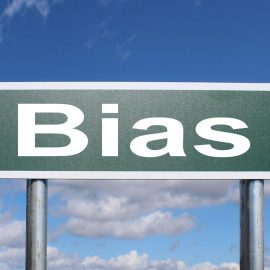

This article is an excerpt from the Shortform book guide to "Emotional Intelligence 2.0" by Travis Bradberry and Jean Greaves. Shortform has the world's best summaries and analyses of books you should be reading.
Like this article? Sign up for a free trial here .
What are some of the most noteworthy Emotional Intelligence 2.0 quotes? What do these quotes teach you about emotional intelligence?
Emotional Intelligence 2.0 offers a step-by-step approach to developing your emotional intelligence through practice of the four EQ pillars. These Emotional Intelligence 2.0 quotes talk about the EQ construct and touch on some of the EQ tactics covered by the book.
Read these Emotional Intelligence 2.0 quotes by Travis Bradberry.
Emotional Intelligence 2.0 Quotes by Travis Bradberry
“Your personality is a result of your preferences, such as your inclination to introversion or extroversion. However, like IQ, personality can’t be used to predict emotional intelligence.”
According to Travis Bradberry, emotional intelligence is not tied to personality characteristics such as the tendency to introversion or extroversion. Rather, it is a skill that is developed through practice and persistence.
“You do control the thoughts that follow an emotion, and you have a great deal of say in how you react to an emotion—as long as you are aware of it.”
You don’t have direct control over your emotions, especially when something triggers them. However, you do have control over your thoughts. You can calm yourself down and handle your emotions, but first you need to bring them to the surface of your awareness.
“This sounds basic, almost too basic to mention, but listening is a strategy and a skill that is losing ground in society. Most people think they are good listeners, but if adults played “the Telephone Game” today, how accurate would the final message be? Listening requires focus, and focus isn’t easy because we’re stretched in several directions. Listening”
Listening isn’t just about hearing words. Tone, volume, and pacing all signal subtext and emotion (for instance, if a person speaks quickly and quietly, they may be intimidated). Stay focused on the conversation at hand. Half-focused listening prevents you from picking up important information and makes the other person feel disrespected.
“Emotions serve an important purpose—they clue you into things that you’ll never understand if you don’t take the time to ask yourself why.”
Emotions act as a guide, pointing out things in your psyche or surroundings that you may not recognize otherwise. Assess why you’re feeling what you’re feeling. This helps you resolve any problems or tensions that are causing unwanted feelings. Questions to ask yourself include:
- When was the last time I felt this emotion?
- Does a specific person or scenario trigger this emotion?
- How did I react to this emotion in the past?
“Anyone can become angry—that is easy. But to be angry with the right person, to the right degree, at the right time, for the right purpose, and in the right way, this is not easy.”
When anger comes out as an emotional response, you may come across as out-of-control. However, if you use it as a tactic, it can effectively send a message, but that requires skill.

———End of Preview———
Like what you just read? Read the rest of the world's best book summary and analysis of Travis Bradberry and Jean Greaves's "Emotional Intelligence 2.0" at Shortform .
Here's what you'll find in our full Emotional Intelligence 2.0 summary :
- What emotional intelligence is and why it's essential for your workplace success
- The 4 reasons you need to work on your EQ
- How you can use EQ to better manage relationships






